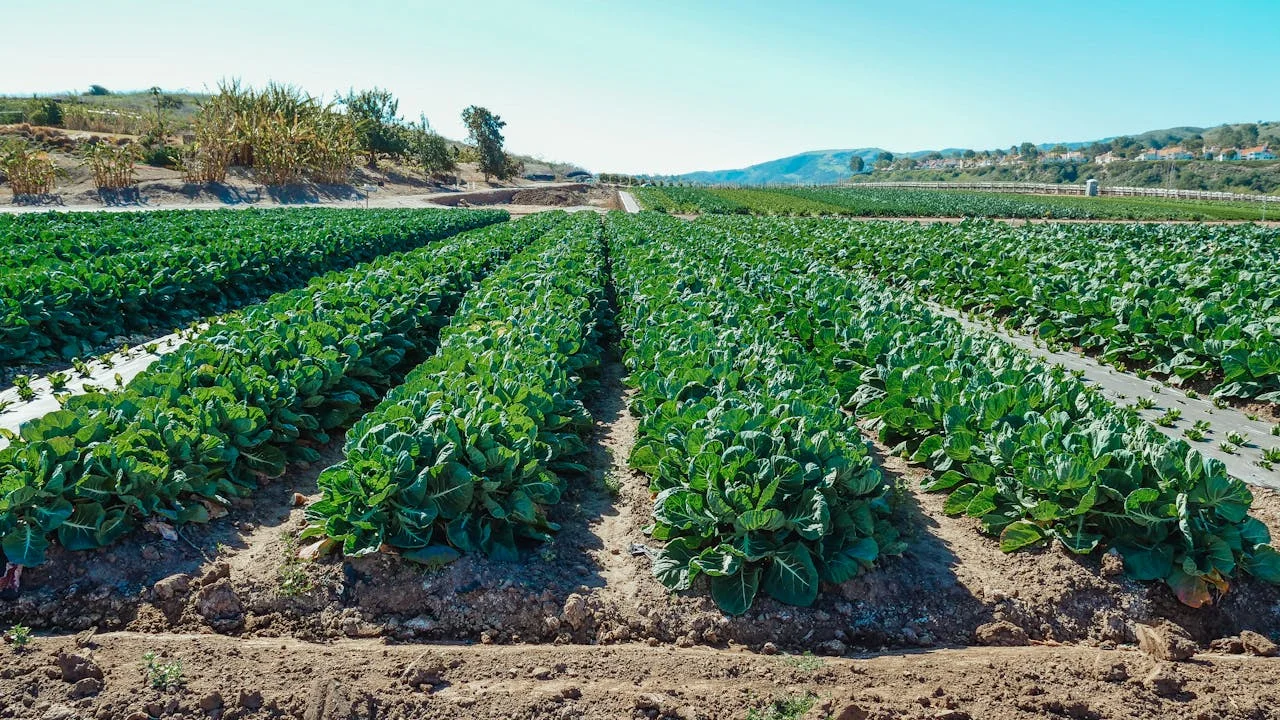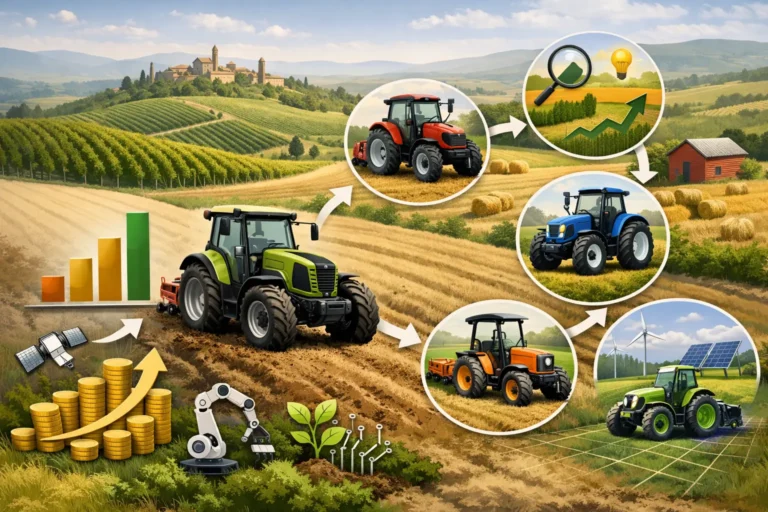
The Organic Food Industry in India: A Rising Market
In 2023, the organic food industry in India was valued at approximately INR 131.41 billion. Projections indicate that this market will reach around INR 625.69 billion by 2028, growing at a compound annual growth rate (CAGR) of about 37.01% during the 2024-2028 forecast period.
Surge in Organic Farming
The organic farming industry in India has experienced a significant surge in recent years, reflecting a shift in consumer preferences towards healthier and more environmentally sustainable agricultural practices. Government support, heightened consumer awareness, and technological advancements are key drivers of this trend. Maximizing the potential of organic farming as a sustainable and economically viable practice will rely heavily on leveraging these factors.
Driving Factors
Growing global awareness of the environmental impacts of conventional agriculture, alongside an increasingly health-conscious consumer base, has positioned organic farming at the forefront of India’s agricultural sector. The rising demand for chemical-free produce, sustainable farming practices, and healthier lifestyles are primary growth drivers for the organic farming sector.
Challenges in Adoption
Despite its growth, the adoption of organic farming practices faces several challenges. These include limited awareness among farmers, lengthy transition periods from conventional to organic methods, and the lack of standardized certification processes. Overcoming these challenges will require concerted efforts from the government, non-governmental organizations, and industry stakeholders to create a supportive ecosystem for organic farmers.
Key Dynamics and Growth Opportunities
Several factors contribute to the growth of the organic farming industry in India:
- Government Initiatives: Programs like the Paramparagat Krishi Vikas Yojana (PKVY) and the National Programme for Organic Production (NPOP) provide financial support and certification assistance, encouraging farmers to adopt organic practices. This has led to a steady increase in certified organic farms across diverse agricultural regions in the country.
- Rising Demand: The increasing demand for organic products both domestically and internationally, coupled with the premium prices organic produce commands, presents a lucrative market for farmers and agribusinesses.
- Technological Integration: The use of technology, such as precision farming and blockchain for traceability, is enhancing the credibility of organic products and fostering consumer trust.
- Market Reach: Strategic collaborations between farmers, retailers, and e-commerce platforms are expanding the market reach of organic produce, creating a robust supply chain for the industry.
- Global Interest: The growing interest of multinational corporations in sourcing organic raw materials from India underscores the global potential of the organic farming sector.
Overall, the organic farming industry in India is on a promising trajectory, driven by supportive policies, increasing consumer demand, and technological advancements. Addressing existing challenges will further propel the growth and sustainability of this sector.





